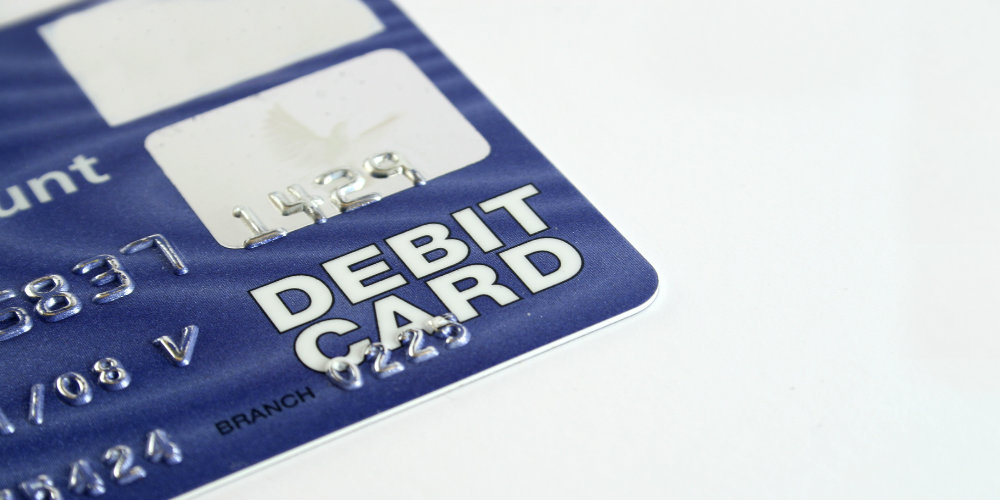I've been thinking about moving my checking account, but one thing has prevented that move.
My debit card.
I have a motto when it comes to financial management: If it's not on autopay, good luck getting paid. All of my monthly bills are set up on autopay, most of them tied to my debit card. I also use my debit card with a few payment apps. And, I'm an active Amazon Prime member. That service also uses my debit card as a default payment source.
These days, consumers have so many payments tied to their debit card, their checking accounts aren't just sticky, they're practically held hostage. Decoupling from a debit card requires tremendous effort. Not only must consumers switch over monthly bills, subscription services, website default payment sources and various apps and shopper loyalty programs, it’s likely he or she will forget at least one account, triggering a late fee or other penalty.
This is a mixed blessing for financial institutions. On one hand, it all but guarantees your PFI users will stick with you despite mediocre account features, lackluster service and mistakes. The tall order of switching over all those payments can only be fueled by tremendous anger.
However, that's bad news for credit unions that work hard to win new business. It’s also bad news for the financial services industry as a whole, because it breeds mediocrity. Fewer closed checking accounts give mediocre credit unions and banks false reassurance that they're providing good service. My current credit union doesn’t give poor service (in fact, they treat me like a rock star) but thanks to core processor limitations, they don’t offer the whiz bang personal financial management tools I want. Other institutions do, and I could better manage my finances, pay down debt and save toward goals if I switched.
As consumers grow more comfortable using checking accounts and routing numbers, more of them are switching to ACH payments. Most utilities already accept the "pay by check" option and retailers like Amazon love it because it allows them to bypass interchange fees.
Of course, ACH doesn't provide preauthorization, which boosts risk of nonpayment loss. Because the Fed is the largest ACH operator, and isn't in the business of innovation, it seems unlikely ACH will add a preauthorization component.
So, debit cards will continue to be an important checking tool, and I wouldn’t be surprised if regulators take a look at the relationship between customers and their debit cards.
Consumers would certainly benefit from the ability to keep their debit card numbers as they switch bank accounts, just like they can keep their telephone numbers when they switch cell phone carriers. Of course, part of the 16-digit debit number includes routing information that relates to the issuer, so the numbers themselves would have to change. With enough regulatory pressure – especially in a political climate that has card companies continually justifying interchange income – I'd imagine Visa, MasterCard and others would be willing to set up or at least participate in a card number registry that would allow for this innovation, especially if it would preserve their line of business.
It could also pave the way for more PFI business for credit unions if consumers could more easily dump their big banks or lackluster smaller financial institutions. It seems like that would be an overall win for both consumers and FIs. Fraud could pose a hurdle, but it’s not as if criminals are struggling to access this information already. Fraud mitigation needs to be improved anyway. Surely technology and market forces could align to allow consumers to more easily move their checking accounts while improving transaction security.







